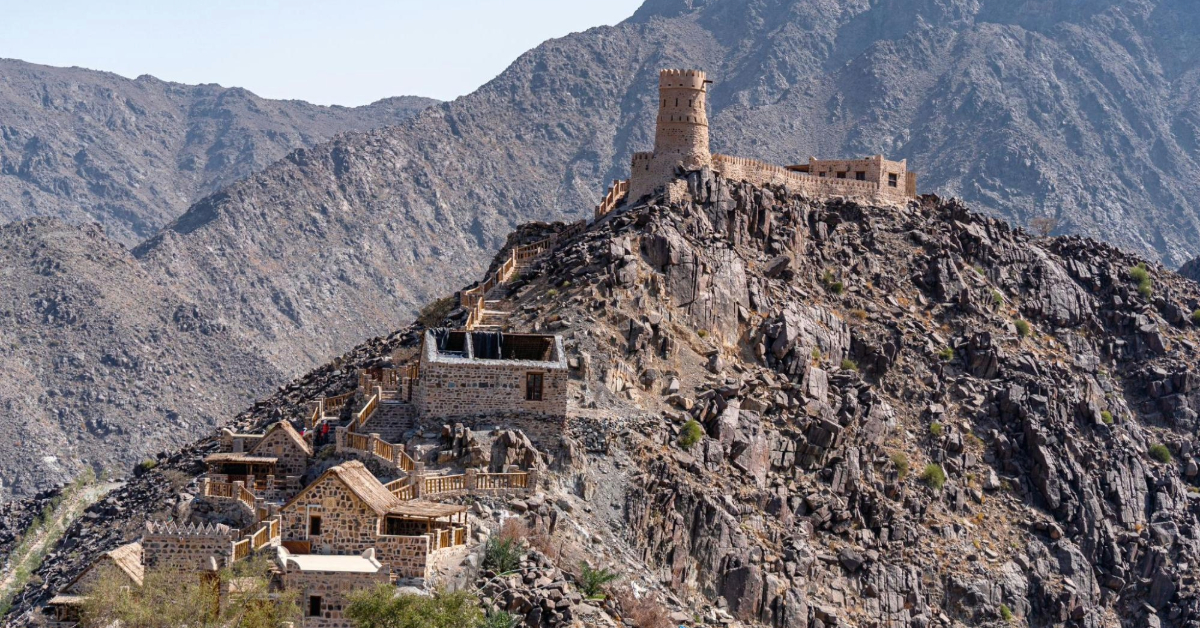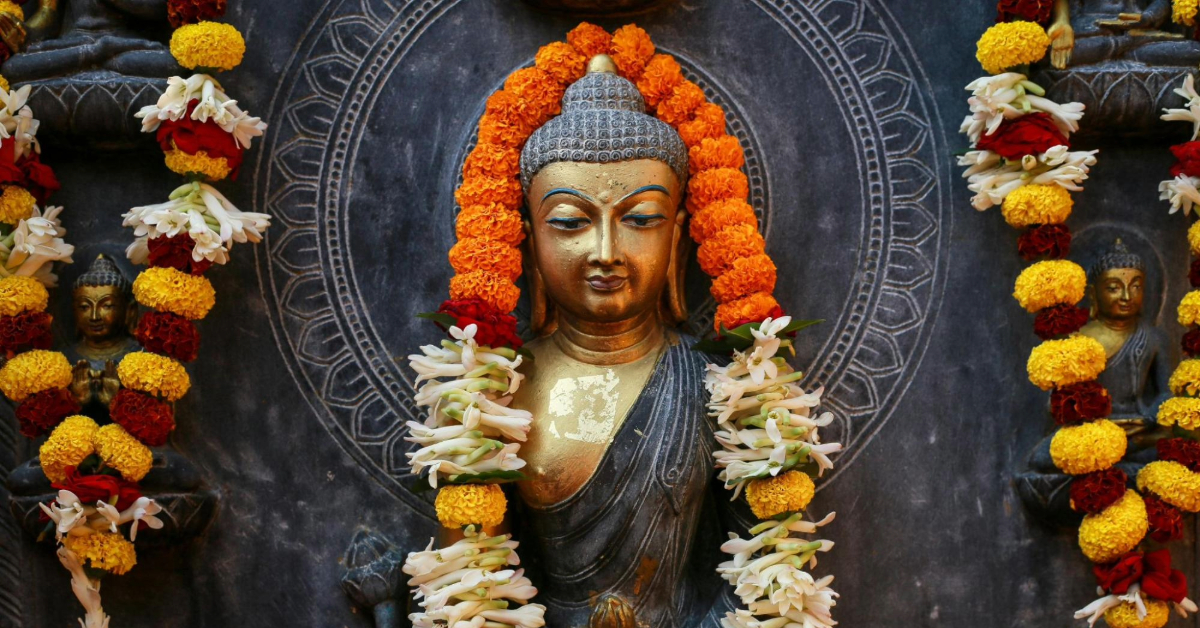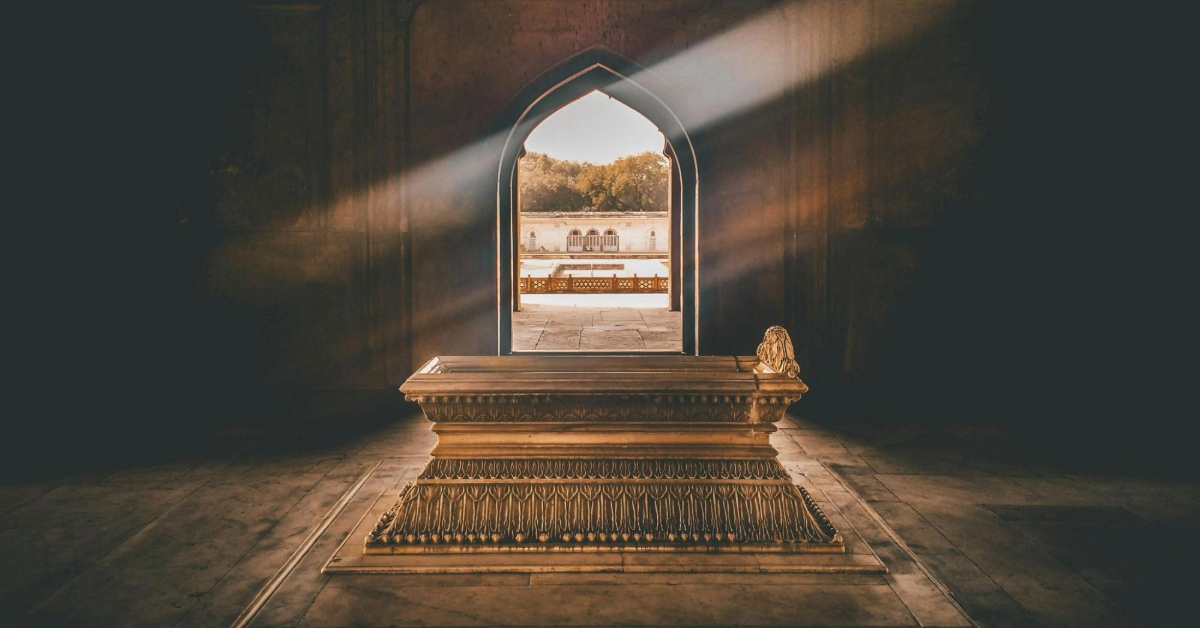Despite Dubai’s dazzling displays of shopping, skyscrapers, and futuristic feats, the city also harbours hidden havens of heritage and heartfelt tradition. Temples in Dubai provide devoted dwellers and curious visitors with spaces to celebrate spirituality, participate in prayers, and partake in vibrant festivals, blending community connection with cultural charm.
These sacred spaces showcase the city’s rich cultural cadence. For those seeking seamless insights and local guidance on exploring Dubai’s divine destinations, Property Finder highlights helpful tips and essential information for a memorable visit.

- Spiritual and cultural diversity of Dubai
- History of Hindu temples in Dubai
- Evolution of Hindu temples in Dubai
- Key temples in focus
- Rituals and services in temples
- Culture and festivities
- Temples’ influence
- Organising your trip
- How to reach temples in Dubai
- Visiting guidelines for temples in Dubai
- Other cultural and religious activities
- Beyond worship: Temple-related experiences
- Key takeaways
- Frequently Asked Questions (FAQs)
Spiritual and cultural diversity of Dubai

Dubai dazzles as a diverse destination, home to expatriates from over 200 nations. Despite its Islamic roots, the city has long welcomed worshippers of all faiths, fostering freedom through flourishing places of prayer.
Across the city, churches, gurudwaras, and temples teem with tradition, together turning Dubai into a tapestry of tolerance and togetherness. Hindu havens, in particular, offer residents and visitors a welcoming world to worship, while wonderfully weaving in India’s rich rituals and radiant culture.
History of Hindu temples in Dubai
Hindus have called Dubai home since the early 1900s, when traders from Gujarat and Sindh settled in the city. In those early days, prayers were held in private homes, with families fostering faith and fellowship. As the Indian immigrant community grew and flourished, the need for a dedicated place of worship became clear.
In 1958, Dubai’s first traditional Hindu temple opened in Bur Dubai, blossoming into the spiritual beating heart of the community and a hub for cultural celebration.
Evolution of Hindu temples in Dubai
From small prayer halls to iconic structures
When Indian immigrants initiated life in 20th-century Dubai, formal faith facilities were few. Traders and labourers lovingly layered local shrines, laying foundations for future fellowship.
Over time, these temporary temples transformed into treasured temples, with Dubai’s Hindu haven in Bur Dubai blossoming as the community’s cherished spiritual centre.
Indian diaspora’s role
Temples transcend traditional worship, serving as treasure troves of time-honoured traditions. They teach and transmit timeless customs, helping families hand down heritage to younger generations growing up in Dubai’s diverse and dynamic environment.
Government support
The United Arab Emirates’ encouragement of religious inclusivity is what distinguishes Dubai’s temple culture. The government’s dedication to inclusivity is demonstrated by the land allotted for temples in Dubai.
Key temples in focus

Bur Dubai Hindu Temple Complex
- History: The humble haven first rose in 1958 in Bur Dubai, famously known as the Shiva Temple and Shri Krishna Haveli. The complex also included a gurudwara, creating a communal cornerstone for worshippers. In October 2022, the Shiva Temple and gurudwara shifted to a spacious new site in Jebel Ali, while the Krishna Temple continues to stand proudly in Bur Dubai.
- Deities and significance: For decades, this divine destination was celebrated as the Shiva and Krishna Temple. It houses sacred statues of Lord Shiva, Lord Krishna, Goddess Durga, and Lord Hanuman and serves devotees and visitors alike.
- Architecture and design: The temple’s architecture and artistic adornments draw deeply from traditional Indian temple carvings and colourful craftsmanship, creating a captivating cultural canvas.
Bur Dubai’s Krishna Temple
- Significance and importance: This temple of Lord Krishna has great significance to the Vaishnav community.
- Offerings and events: Rituals and prayers are performed daily over here. Devotees offer fruits, flowers, and sweets to the idol.
- Festival celebrations: Janmashtami is celebrated at midnight with devotees present to mark the birth of Lord Krishna.
Jebel Ali’s new Hindu temple
A dazzling diamond of Dubai’s devotional destinations, the Jebel Ali temple treasures multiple deities under one roof. Marble and meticulously carved pillars merge modern mastery with magnificent Indian motifs. Beyond blessings and bhajans, the temple provides peaceful places for prayer, meditation, and meaningful meetups, mirroring the city’s multicultural magic.
Opened in October 2022 to accommodate Dubai’s devoted Indian diaspora, the temple displays 16 divine deities, including Lord Shiva, Lord Ganesha, Goddess Durga, and Lord Ayyapan, across several sacred spaces.
Multi-faith meditation areas underscore the city’s tolerant temperament, with timings from 6:30 a.m. to 11:30 a.m. and 4:00 p.m. to 8:30 p.m. daily.
Jain Temple, Bur Dubai:
- Location: Situated near Al Fahidi Street and the Dubai Museum, Bur Dubai
- How to get there:
- Short stroll from Al Fahidi Metro Station, the closest metro station
- Accessible by foot from neighbouring attractions, such as the Dubai Museum, making it a popular destination for both residents and visitors.
Sikh Gru Nanak Darbar (Jebel Ali)
- Construction and formation: Dubai dazzles with the Gulf’s grandest Gurudwara, opened in 2012 as an architectural achievement.
- Facilities: Spacious prayer halls, sizable community spaces, and a large langar hall for free feasts foster fellowship and faith.
- Equality: This sacred space stands as a steadfast symbol of service, sharing, and solidarity, celebrating compassion and community connection.
Rituals and services in temples
The temples in Dubai provide spiritual services, such as:
- Daily Aarti: Aartis and devotional songs are performed every day in the morning and evening, creating a spiritual aura.
- Special Poojas: Some special poojas like Rudrabhishek, Navgrah, or Satyanarayan Katha are also performed regularly.
- Free food at specific events: On particular occasions, devotees are given free food (prasad) at specific times.
Culture and festivities
During Indian festivals, Dubai’s Hindu temples brim with believers eager to embrace and express their enduring traditions. Some standout celebrations include:
Diwali – Festival of Lights
Families flock together for festive prayers and cultural performances. Temples twinkle with traditional lights and glowing oil lamps, creating a captivating, colourful celebration.
Janmashtami: The birth of Lord Krishna
At the Krishna Temple, devotees delight in midnight aarti, devotional songs, and dramatic dance-dramas depicting the tales of Krishna Leela.
Ganesh Chaturthi
The newly established Jebel Ali Hindu Temple hosts community-centred ceremonies, commemorating Lord Ganesh with prayers and participatory devotional activities across the 10-day festival.
Maha Shivaratri
On this momentous night, devotees descend on the Jebel Ali Hindu Temple to devote themselves to an all-night vigil, chanting “Om Namah Shivaya” until the sun rises.
Navratri and Dussehra
Nights come alive with nimble Garba and Dandiya dances, delightfully blending devotion with dazzling cultural display. The Goddess Durga is venerated at both the Jebel Ali Hindu Temple and the Shri Krishna Temple in Bur Dubai.
Temples’ influence
Social events and family ties in the community
Temples in Dubai serve as social spaces where families celebrate cultural milestones, weddings, and naming ceremonies, weaving tradition into daily life. For those buying property in Dubai, these vibrant venues offer a valuable way to connect with the community and embrace the city’s diverse culture.
Activities for charity
The Jebel Ali Temple and Gurudwara proudly promote purposeful projects, performing food distributions, philanthropic programmes, and passionate community service, bringing residents and visitors together in shared spirit and solidarity.
Organising your trip
Best days and timings
- The Shri Krishna Temple in Bur Dubai welcomes worshippers daily, with different devotional durations throughout the day: 6:30 a.m.–7:15 a.m., 8:30 a.m.–9:30 a.m., 10:15 a.m.–11:15 a.m., 5:00 p.m.–5:30 p.m., and 6:00 p.m.–7:30 p.m.
- The new Jebel Ali Hindu Temple opens its doors from 6:30 a.m. to 11:30 a.m. and 4:00 p.m. to 8:30 p.m. each day.
- Fridays and festival days flourish with fervour, offering the most memorable moments and magical experiences for devotees and visitors alike.
How to reach temples in Dubai
By metro
- Al Fahidi Metro Station (Green Line) is the closest stop to the Shri Krishna Temple in Bur Dubai
- Energy Metro Station (Red Line) is the closest stop to the Jebel Ali Temple and Gurudwara
By taxi
Taxis are easily accessible and convenient for families.
Parking
The Shri Krishna Bur Dubai temple has little parking; however, the Jebel Ali temple has more space.
Visiting guidelines for temples in Dubai
Dress code and etiquette
- Dress appropriately
- Remove your shoes before entering the prayer area
- Maintain appropriate silence and respectful behaviour
Offerings and rituals
- Devout donations: Devotees delight in delivering diverse offerings, from fresh fruits and fragrant flowers to sweet treats and candies.
- Cash contributions: Coins and currency can be carefully collected in designated donation boxes.
- Aarti and bhajans: Active attendance and enthusiastic engagement in aarti and bhajan sessions are always appreciated.
Photography and behaviour
- Picture protocol: Prior permission is politely preferred, as photography may be prohibited in prayer halls.
- Recording respect: Requests are required before capturing rituals of any kind.
- Religious regard: Remain respectful and refrain from disruption during devotion and divine practices.
Other cultural and religious activities
ISKCON Dubai events
The International Society for Krishna Consciousness (ISKCON) frequently facilitates bhajans, blissful discourses, and benevolent vegetarian food distributions.
Bhajans and cultural activities
Many temples manage mesmerising musical sessions, traditional dance displays, and religious discourses.
Meditation and yoga classes
Select groups support serene sessions of yoga and meditation for the community’s collective calm and connection.
Beyond worship: Temple-related experiences
Indian restaurants and street food
With chaat corners, dosa delights, and mithai markets, the neighbourhoods near Dubai’s temples offer a truly tasty and traditional Indian experience.
Purchasing close to temples
Meena Bazaar magnetises devotees and diners alike, offering sarees, kurtas, pooja provisions, and pungent incense sticks for spiritual shopping.
Key takeaways
Dubai’s Hindu temples do more than deliver devotional duties; they double as dynamic cultural centres, drawing the Indian diaspora to delight in traditions, stay spiritually and socially rooted, and celebrate seasonal festivals.
Temples such as Bur Dubai’s Krishna Temple and Jebel Ali’s new Hindu Temple enthusiastically embrace Indian festivities, from Diwali and Janmashtami to Maha Shivaratri, Ganesh Chaturthi, Navratri, and Dussehra. During these celebrations, devotees diligently visit to offer prayers, perform rituals, and proudly preserve their rich cultural roots.
Frequently Asked Questions (FAQs)
The newly built temple in Jebel Ali, opened in 2022, is Dubai’s dominant and dazzling temple, featuring idols of 16 deities.
Yes. Visitors of all backgrounds are welcome to wander, witness, and worship respectfully at Dubai’s temples.
Festivals flourish and feature across Dubai temples, including Diwali, Janmashtami, Maha Shivratri, Navratri, and Ganesh Chaturthi.
Prayer halls often prohibit photography, although outside spaces permit it.